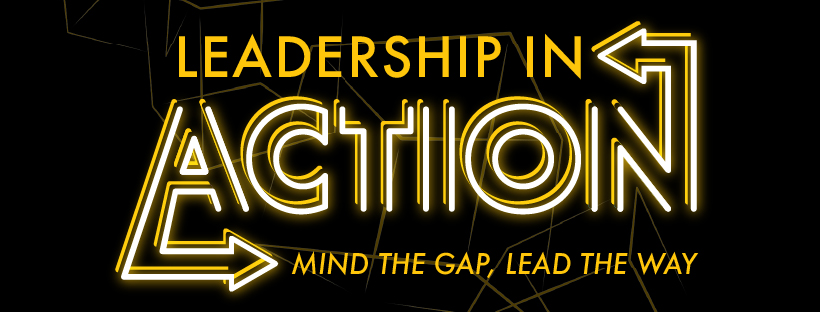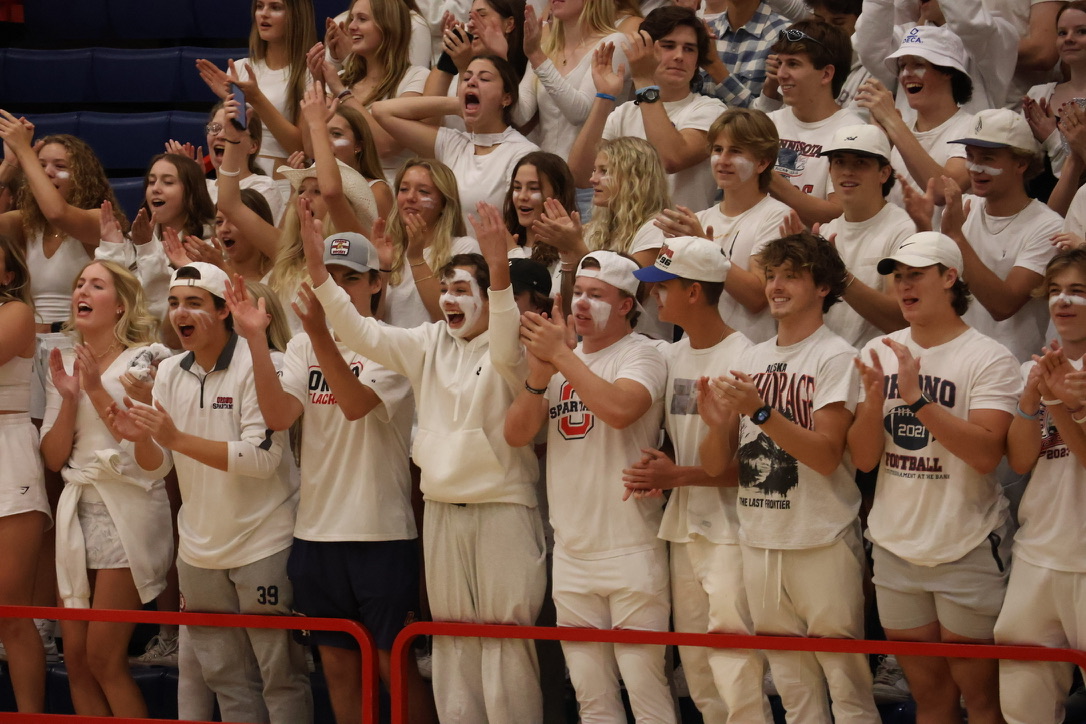Maria Wikstrom
Copy Editor
The current system of education was created and meant for children of a different time. This system consists of uniform classroom settings, standardized tests, and methods that don’t involve kids in the things they are supposed to be learning. The reason, or the “why”, for school has been lost. It is no longer true that attending and doing well in school will guarantee you a good job and a stable life. The world has changed and education has been left behind.
The biggest problem with public schools today is the larger school size and student population. In an article by Ningthoujam Sandhyarani called Education Problems in Public Schools, class sizes in public schools are on average 16 students to one teacher, while in private schools there are 13 students or fewer. Since public education is free, many more choose to attend public schools, who cannot be selective according to the students academic credentials.
With such a mixture of abilities in a single classroom, teachers are forced to focus on the students who are lagging behind, which hinders the learning of the more talented students.
Jeff Aman, a social studies teacher at OHS, agreed, “We are stuck in a one size fits all format. There are so many different types of students with different styles of learning but with class sizes so large, it’s almost impossible to meet every student’s needs.”
With so many types of people to teach, the state decides what each person will learn and how they will learn it. Thus, the public education system is much less refined than private schools who tailor their academic programs to fit their specific schools or students needs. In place of hands-on skills tests, students are given standardized tests that decidedly tell them if they are stupid or smart.
Ken Robinson created a video titled Changing Paradigms, and in it he refers to this problem of over-generalization. It is the idea of economic versus intellectual; labels of “smart” or “not smart” force people who may be brilliant to think they are nothing because of a judgement spit out by a computer and a few “professionals” who have neither met them nor considered the fact that some people are simply bad test-takers.
The standardization of public education may be a serious downfall, but there are still some positives. Students in public schools are exposed to a variety of people from numerous socio-economic backgrounds which teaches them to get along with all kinds of people, regardless of their social status. In addition to that and other problems aside, time and studies have revealed that public school graduates reportedly receive better grades in college than those who graduated from private schools.
Several theories on how to improve public education have been brought about, such as year-round education or multiple locations for teaching, including hands on activities. Yet, such theories are in as much dispute as they are being called for.
Having multiple locations for education would require a lot of time, planning, and money for it to become an effective reality. Year-round education, while it may shorten the gaps between learning, also may negatively affect other aspects of student’s lives such as sports, jobs, and the fact that they are not ready for the full-time commitment.
As OHS history teacher David Herring, summarized, “People are reflections of their culture. This is a rapid fire culture; it is not necessarily the students fault they cannot sit and learn and recognize the importance of an education now rather than when it is too late. Kids today are raised to have and know anything they want within a minute.” If it takes longer, why should it matter?
That is the point. Why does education matter? It is for the benefit of the individual student, but as OHS English teacher Larry Williams said, “the idea that we are all in this together is fading, but school is still an opportunity for kids to develop a sense of self.” The challenge is to get past the monotonous factory-like operations of schools and find a fresh connection between student and education.






